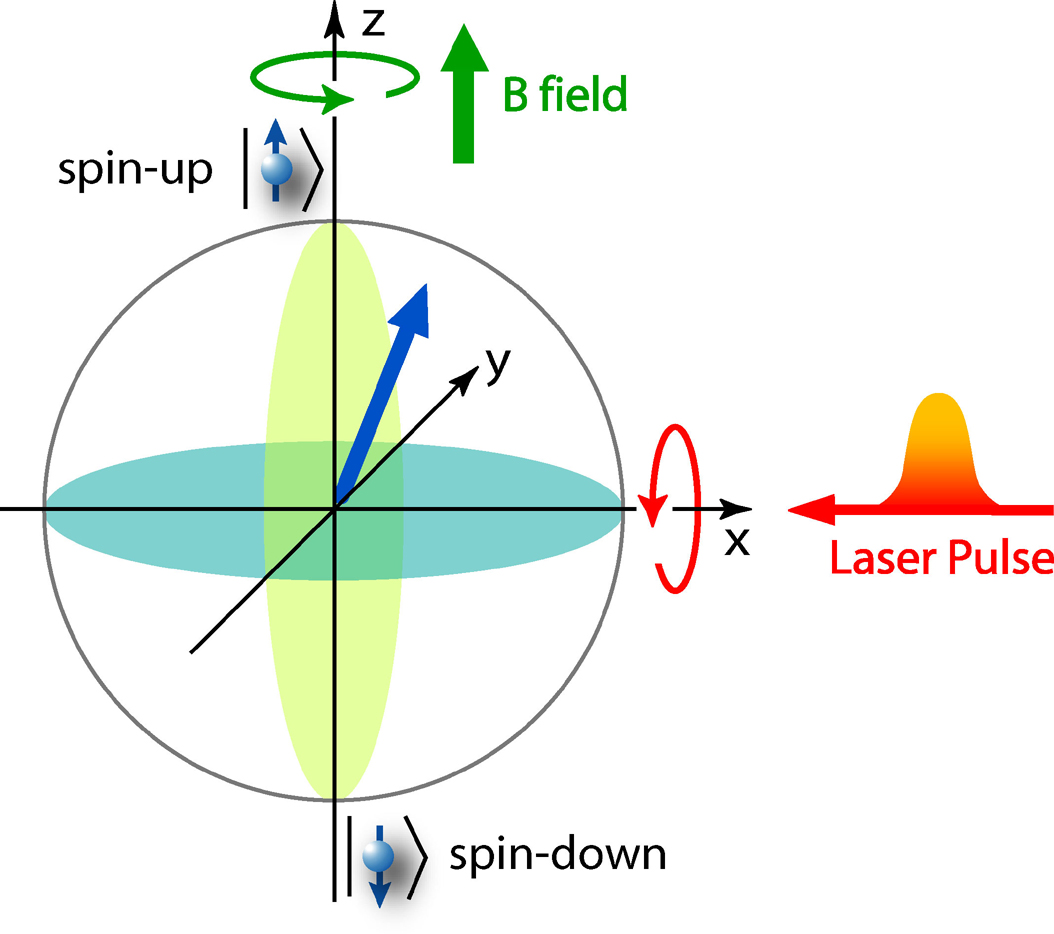Hail Eris.The Red Spy said:Hello geeks, look at your your Si, now back to C, back to your Si, now back to C.
Sadly, it isn't C, but if we changed that around it could behave like it's C.
Look down the table, now back up. Where are you? You're at your supercomputer with facilities your S wishes to be.
What's in your computer? It isn't C, theirs is, it's a qubit formed through shining a laser through your C to do those things you love. Look again, YOUR BITS NOW INVOLVE SUPERPOSITION.
Incredible calculations are possible when your computer uses C and not like Si.
I'm posting a Bolch sphere.

So does anyone else think it isn't a coincidence that the name Awschalom could have a pronunciation very similar to Awesome?
